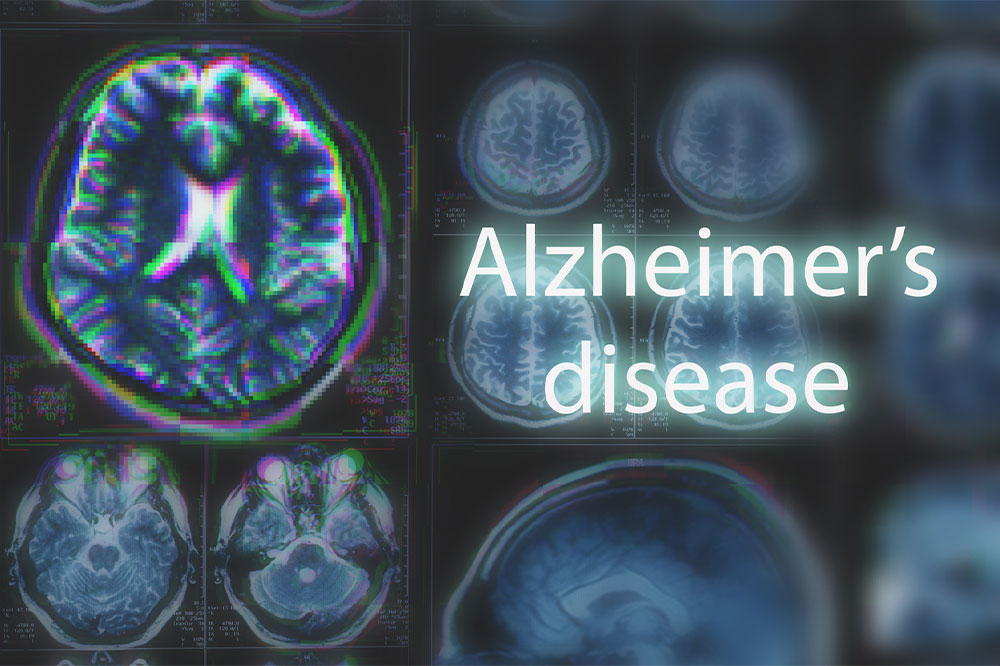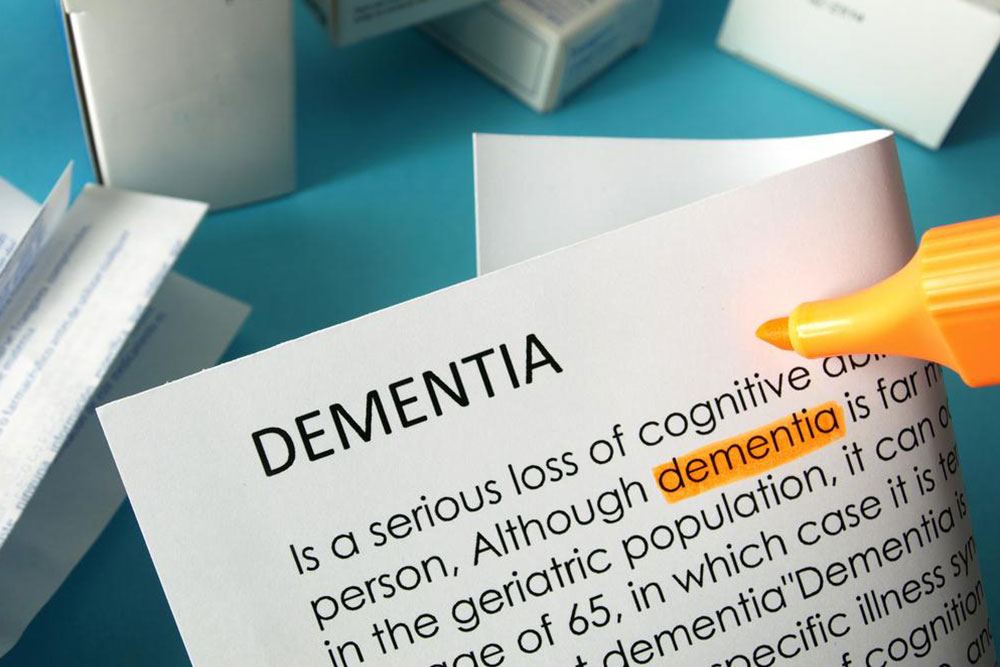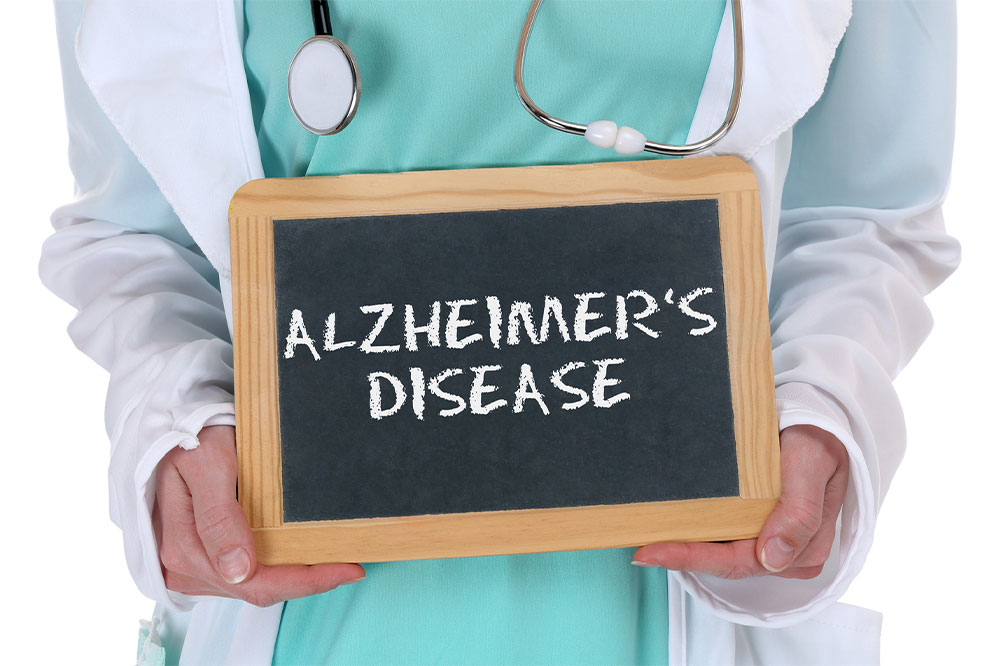Comprehensive Guide to Recognizing Early Symptoms of Dementia
This comprehensive article explains the early signs of dementia, highlighting key symptoms like memory troubles, behavioral changes, disorientation, and language difficulties. Early detection is critical for effective management and improving quality of life. We discuss how recognizing these symptoms can lead to timely diagnosis, allowing patients to access treatments that may slow disease progression. The guide offers valuable insights for caregivers and individuals to understand what to watch for and emphasizes the importance of consulting healthcare professionals promptly. An essential resource for brain health awareness.

Comprehensive Guide to Recognizing Early Symptoms of Dementia
Dementia refers to a collection of symptoms resulting from various brain disorders that impair cognitive abilities. These cognitive impairments can have profound effects on daily life, affecting a person's memory, language skills, social interactions, and overall thinking processes. Understanding the early signs and symptoms of dementia is crucial for timely diagnosis and effective management, which can significantly enhance quality of life and slow disease progression.
Common causes of dementia include Alzheimer’s disease, frontotemporal dementia, vascular dementia, Parkinson’s disease-related dementia, traumatic brain injuries, and other neurological conditions. Each type of dementia may present different symptoms and progression patterns, but early detection remains essential across all types.
The disease typically progresses gradually, with initial symptoms often being subtle and easily overlooked. Recognizing these early warning signs enables individuals and caregivers to seek medical advice promptly, facilitating early intervention and planning for ongoing care. It is important to understand that experiencing minor memory issues does not equate to dementia—many factors can influence cognitive performance, but persistent or worsening symptoms should prompt professional evaluation.
Diagnosis of dementia is typically considered when at least two symptoms interfere significantly with daily functioning and quality of life. Recognizing these early signs can lead to earlier treatment strategies that may slow disease progression and provide better management options. Here are some of the most common early indicators to watch for:
Memory Shortfalls: Recurrent difficulty recalling recent events, such as forgetting recent conversations, misplacing items, or failing to remember appointments, are often among the first signs of dementia. While occasional forgetfulness is normal with aging, persistent issues are cause for concern.
Changes in Mood and Behavior: Sudden mood swings, unexplained depression, increased irritability, or apathy may suggest early cognitive changes. These emotional fluctuations often accompany other cognitive symptoms.
Disorientation and Confusion: Difficulty recognizing familiar places or faces and having trouble navigating once-familiar environments are key warning signs. Early confusion can also manifest as trouble understanding time or sequence of events.
Language Difficulties: Struggling to find the right words, losing train of thought, or frequent pauses during conversations indicate potential language impairment associated with cognitive decline.
Behavioral and Personality Shifts: Individuals may undergo shifts in personality, becoming more withdrawn, suspicious, or neglectful of personal hygiene. Such behavioral changes can be distressing for both patients and their loved ones.
Impaired Decision-Making Skills: Reduced ability to make sound judgments or solve problems, especially in everyday situations or emergencies, may be an early sign of dementia.
Loss of Routine Skills: Forgetting how to perform familiar tasks such as cooking, dressing, or using household appliances indicates cognitive deterioration.
Abstract Reasoning Difficulties: Handling numbers, managing finances, or understanding abstract concepts can become problematic, leading to financial mismanagement or errors in complex tasks.
Reduced Interest in Hobbies: Decreased enthusiasm for previously enjoyed activities, social engagement, or hobbies may signal cognitive decline.
Focus and Attention Problems: Difficulty concentrating or sustaining attention on tasks is another early feature, often overlooked but significant in identifying early dementia.
Recognizing these early signs is vital because it prompts medical professionals to conduct comprehensive assessments. Early diagnosis not only helps in managing symptoms more effectively but also allows patients and families to prepare for future care needs, explore treatment options, and maintain independence longer. If you or someone you care for exhibits any of these symptoms persistently, consulting a healthcare provider specializing in neurological or cognitive disorders is highly recommended.
Preventive strategies, lifestyle modifications, and emerging therapies can contribute to a better quality of life for those with early-stage dementia. Awareness and proactive health management are key in addressing this complex condition.





